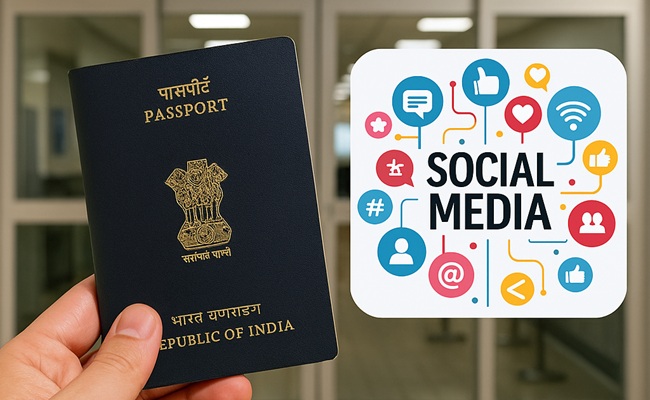
Travelling to the USA is no longer as easy as it used to be. You may face unexpected checks, sudden interrogations, and privacy intrusions by immigration officers.
Some incidents have been so shocking that entering the country with a foreign passport can feel burdensome.
While not everyone is subjected to such treatment, there is always a possibility that your personal privacy may be compromised right at the immigration checkpoint.
The officers may check all your personal photos as well. In such a scenario, you may feel embarrassed if any nude pictures or videos on your mobile are exposed to immigration officers, the experts rise an alarm.
Travelers to the US are being warned to clear their phones and laptops of sensitive content before arrival.
US border agents have increased electronic searches under stricter vetting policies.
Officers from Customs and Border Protection (CBP) can legally check digital devices — including phones, laptops, and tablets — without a warrant.
This includes reviewing messages, photos, emails, social media, and browsing history.
Though only a few travellers are affected, some have faced detention or even deportation based on their device content, including political opinions or personal photos.
In one case, a French scientist was denied entry after officers found messages on his phone that were critical of the US government.
In another incident, a Lebanese-American lawyer was stopped at a US airport, questioned by anti-terror agents, and had his phone searched. He was asked about his contacts but later released.
Experts suggest travellers should reduce the amount of data stored on their devices, disable fingerprint logins, and use encrypted cloud services.
These steps can help protect privacy and avoid complications at immigration checkpoints. Travellers are advised to be cautious and prepared.














